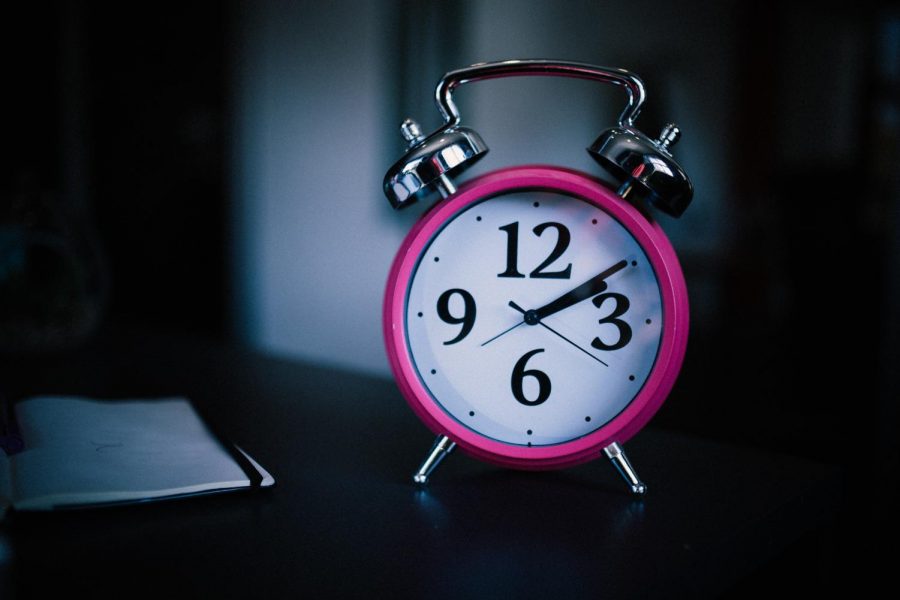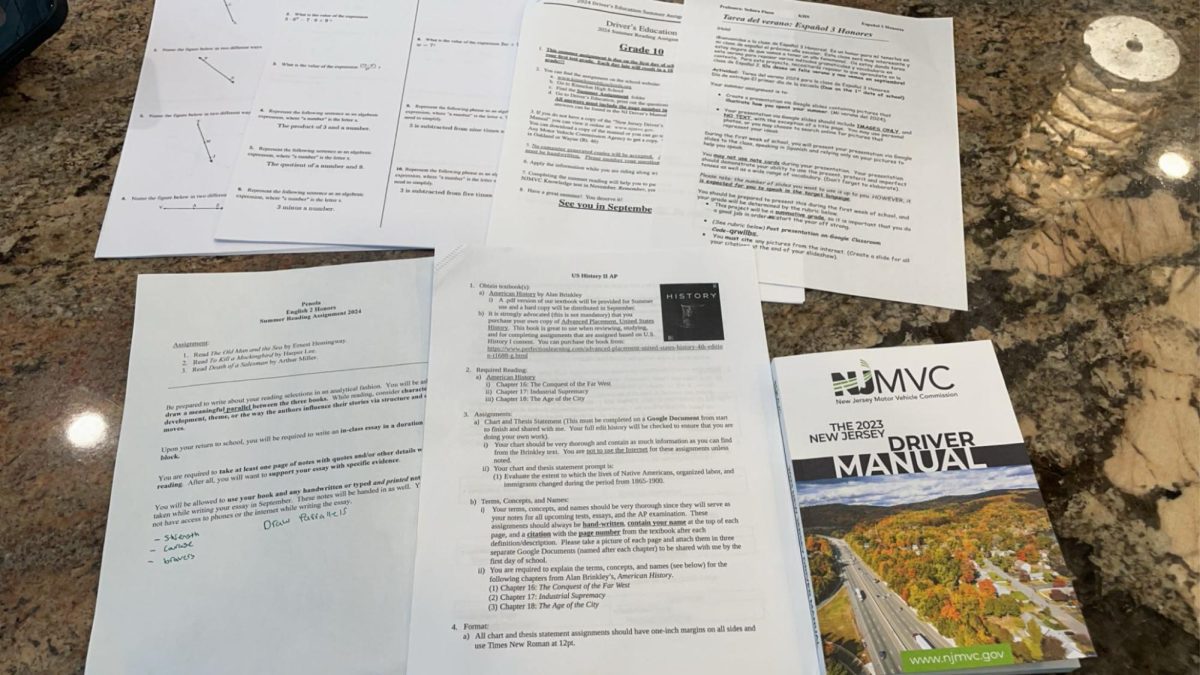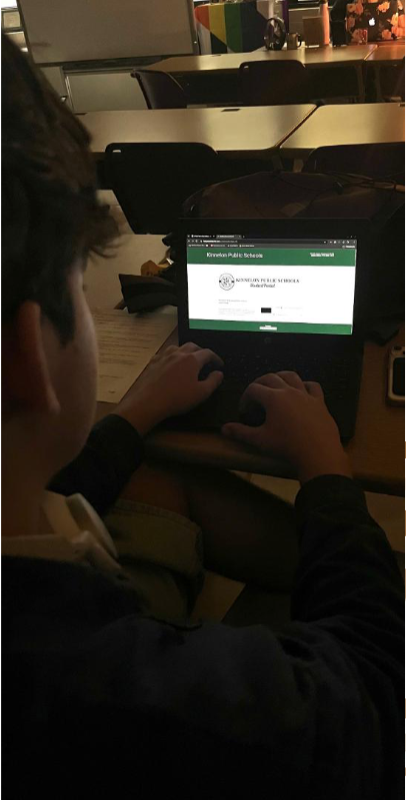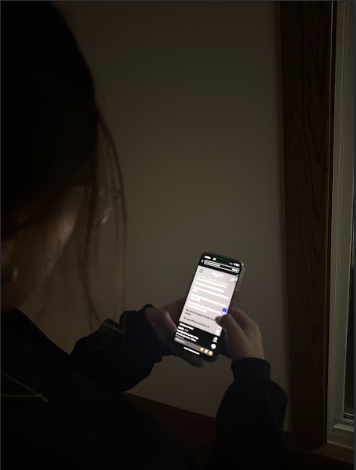Nearly three-quarters of high school students do not regularly get the recommended amount of sleep. This damages a student’s performance and mood but is allowed to continue in nearly every school district in America. Student’s working and sleep habits must be changed.
“Students who had the least amount of sleep were also reported to have the lowest grades. Those who averaged 8.1 hours a night scored mostly As, while those averaging 7.3 hours a night scored mostly Cs,” reported Forbes. If a student sacrifices sleep, they tend to sacrifice grades as well. Students who practice unhealthy work habits that leave them staying up late will statistically do worse.
School is an environment built on concentration. When students do not focus in class, usually when they are too tired to pay attention, their grades suffer. The CDC says, “Students should get the proper amount of sleep at night to help stay focused [and] improve concentration.” When students can concentrate and focus, good grades come naturally.
The value is not only academic. Sleep is imperative to many functions for teens because it “empowers the immune system, helps regulate hormones, and enables muscle and tissue recovery,” according to The Sleep Foundation.
Sleep has so many benefits for students, but why is it so hard to come by. Very few students get the recommended amount of sleep, and what is keeping them from getting it. Many factors that uniquely affect teenagers are ridding them of this time of valuable growth, starting with phone usage.
“Sixty-eight percent of teenagers reported that they keep their mobile devices within reach at night,” Edsource reported. The blue light in phones keeps the body awake and, the addictive nature of social media is designed to make it tough to turn off. These two combined eat away at hours of time students could put towards sleep.
Secondly, the pressure and schoolwork lumped on to high school students makes free time and sleep a dream. “A poll of public school teachers finds that on average, high school students are assigned 3.5 hours of homework per weeknight, or more than 17 hours a week. Or that’s the teachers’ perspective, anyway,” reported the Los Angeles Times.
Students are serial procrastinators with a large swath of them wasting hours of their time prolonging their duties. “Estimates indicate that 80 to 95 percent of college students engage in procrastination, approximately 75 percent consider themselves procrastinators, and almost 50 percent procrastinate consistently and problematically,” a 2007 study in the Psychological Journal found. This is a study of college students, not teenagers, but the statistic can be applied to teenagers as they have had less time to learn good habits.
Homework, weak habits, familial pressures, and social media consume the time of almost every teen in America. All of these coupled together make sleep an afterthought instead of the saving grace it can be.
There is no clear solution. No one can snap their fingers and make all the world’s teenagers adopt better habits, have empty schedules, and eliminate procrastination. The change does not have to be universal. Any student can change their sleep habits for the better and can create a happier, healthier, more productive nation. It just has to happen one student at a time.









